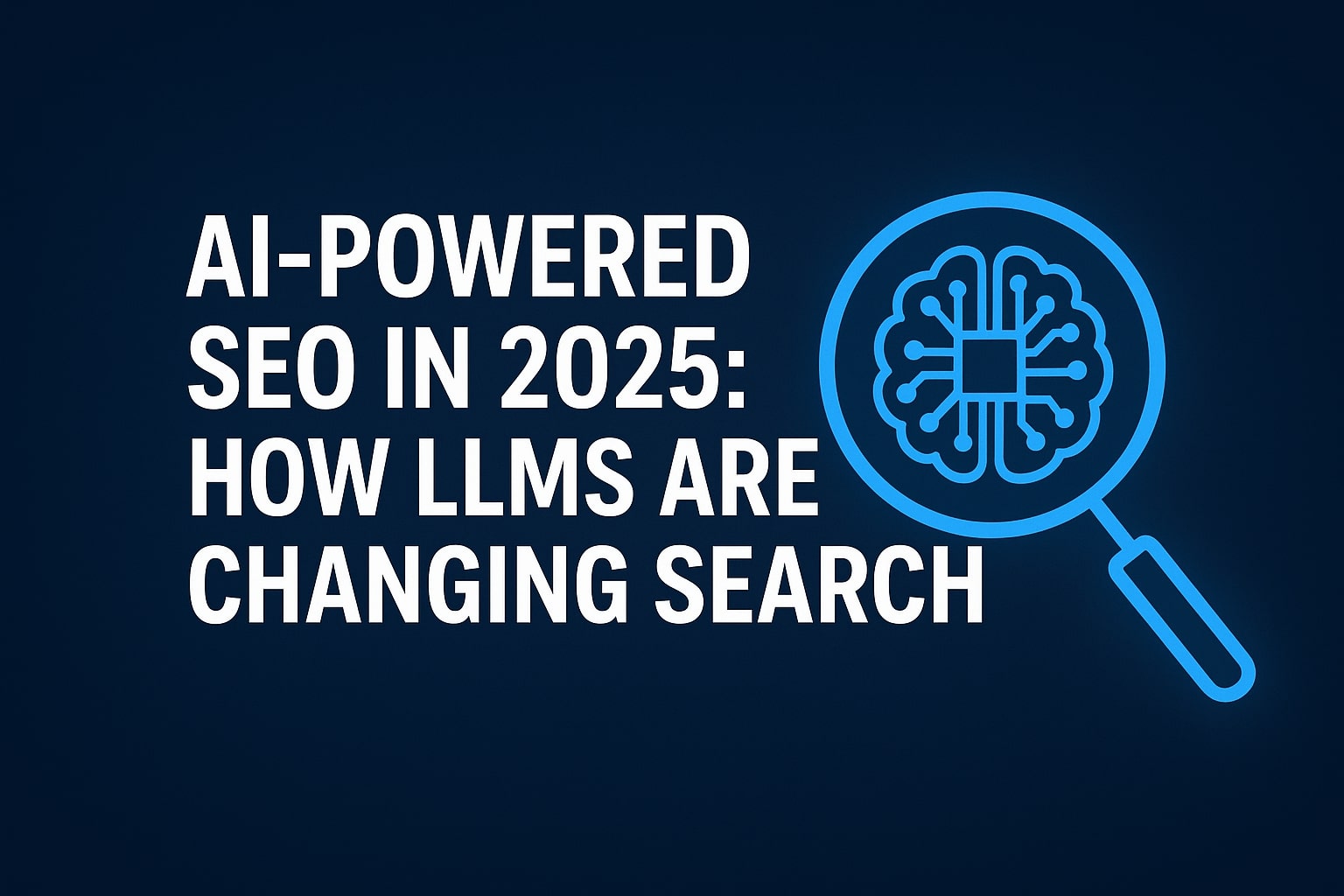The rise of AI-powered SEO is transforming how websites are discovered. Advanced large language models (LLMs) like ChatGPT and Google’s Gemini are redefining user expectations, search behavior, and content strategy. Here’s your 2025 update on what has changed and how to adapt.
1. The Shift from Clicks to Citations
Before: SEO success meant ranking in positions #1-3 to earn a click.
Now: AI answers in SERPs and chatbots emphasize citation. Your content may be referenced without a click, but it builds brand authority and trust as the chosen source.
2. Thin Content and Keyword Stuffing Are Dead
LLMs instantly evaluate content quality. Thin, affiliate-heavy, or keyword-stuffed pages are ignored. Depth, structure, and clarity are now essential for AI-powered SEO survival.
3. E-E-A-T Remains Critical
Experience, Expertise, Authoritativeness, and Trustworthiness guide AI models in selecting sources. Key actions include:
- Showcasing author credentials and real-world experience.
- Citing authoritative external sources and data.
- Building a strong brand reputation and backlink profile.
4. New SEO Workflow: AI as a Partner
AI enhances efficiency rather than replacing SEO professionals. Here’s how to use it effectively:
- Research: Brainstorm content ideas, analyze search intent, and create outlines at scale with AI.
- Content Creation: Draft meta descriptions, titles, and even long-form content with AI assistance, while editing carefully for quality.
- Technical SEO: Analyze log files, generate schema markup, and debug code issues using AI tools.
The Bottom Line for 2025
AI-powered SEO shifts the focus entirely to user-first, high-quality content. The winners are those creating comprehensive, trustworthy, and helpful resources that earn both rankings and citations.
Adapting to this new reality is no longer optional—it’s essential for long-term success in search.
Future-proof your strategy: Learn practical steps in our guide to 5 GEO Strategies to Future-Proof Your Website.
